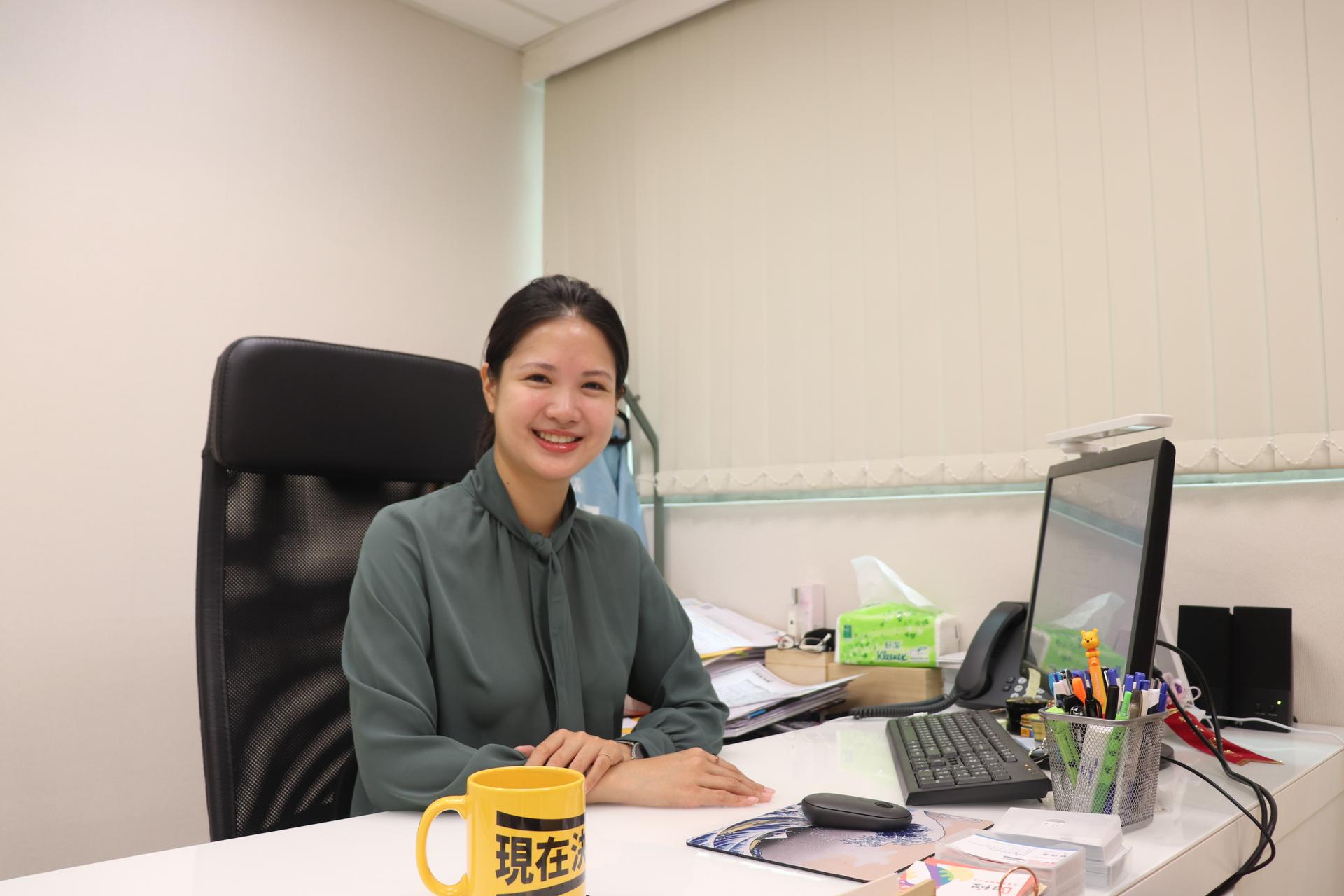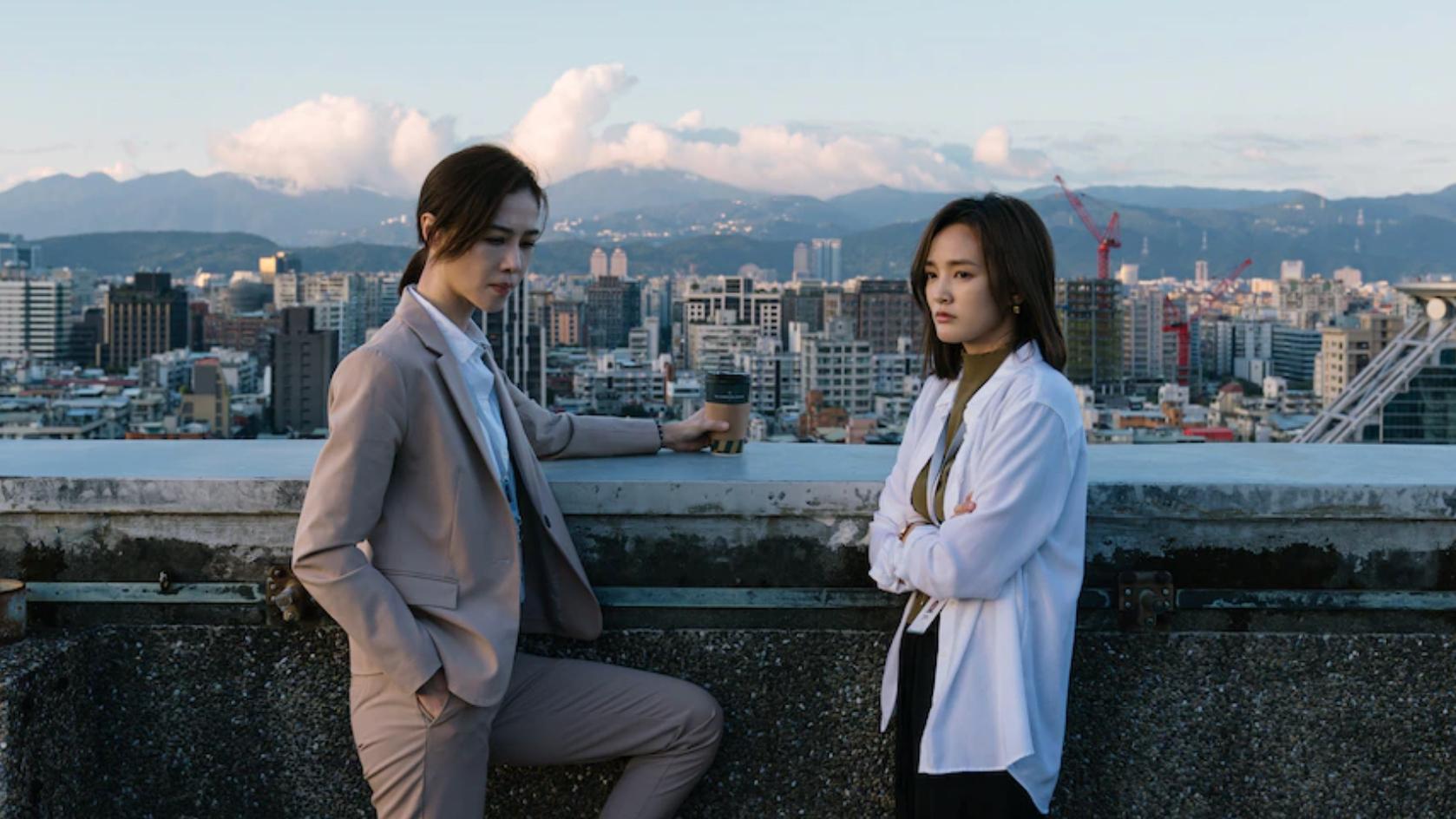Taiwan is now several weeks into a #MeToo movement that has seen dozens of political figures, celebrities, professors and activists accused of sexual misconduct.
The movement was sparked, in part, by an award-winning political TV show. Every day, more survivors come forward with further stories of someone who harassed them, touched them inappropriately, or sexually assaulted them.
Although the movement began within political parties, it’s since spread to many other sectors of society such as entertainment and academia. And in some cases, there’s even been a backlash.
For example, last Wednesday, a TikTok influencer named Chiu Yao-Le held a press conference to accuse a prominent actor and singer, Aaron Yan, of forcing him to make sex tapes with him when Chiu was only 16 years old.
With Chiu only a few sentences in, the accused, Aaron Yan, himself, burst into the room and bowed deeply, just feet away from Chiu.
“I want to solemnly say sorry to you here for making you suffer things that you should not have to bear in life,” Yan said. “I’m sorry.”
Yan said he “absolutely did not secretly film [Chiu],” and that he “did not do anything against anyone’s will.” He then left the room.
Chiu, visibly shocked, took a break before resuming the press conference. After coming back, Chiu refused to accept the apology, saying it was insincere.
“In regard to recording intimate videos of an underaged person, it’s illegal, that’s unquestionable,” Chiu said.
It’s an example of some of the factors making Taiwan’s #MeToo movement so unique. Some of the high-profile accusers are actually men. And in many cases, the accused haven’t been afraid to challenge the narrative, or publicly deny accountability.
When #MeToo took off in many countries including the US in 2017, it didn’t reach Taiwan at the same time.
Lu Shengyen teaches history at National Taiwan Normal University. She wrote a book on toxic masculinity and its history in Taiwan. She said that now that the #MeToo movement has arrived, it faces challenges unique to Taiwanese society and culture.
One example that she and other feminist scholars point out is that in many cases when men tow the line around inappropriately touching women, they’re often said to be “eating tofu.”
“They would touch your arms, or put their hands on the small of your back, and slowly slide into danger areas, and probably just stop there … if it happens in America, probably, it’s a very sound [case of] sexual harassment, but in Taiwan, many people will view it as not a crime,” Lu said.
Still, she said that she thinks the #MeToo movement is changing the culture. And she’s not the only one.

Chen Chien-jou, a former staffer for the ruling Democratic Progressive Party, helped spark the movement in Taiwan when she posted in late May about her experience of being sexually harassed by a contractor and bringing it up to a superior, only to have a senior party official cover it up.
In her post, she referenced a hit Taiwanese political TV series, “Wave Makers,” which premiered in late April and explored sexual harassment in politics. She said it helped inspired her to share her story in the first place.
Since the movement in Taiwan began, “There are people who are starting to genuinely self-reflect, especially on their daily interactions like, am I offending? Am I crossing a line?” Chen told The World in the first media interview she has done since she posted.
At the same time, she said, “a lot of the perpetrators are taking actions that are retraumatizing the victims, abusing the law and threatening to sue … there have even been perpetrators, whose spouses, whose wives have had to come forward with them and take responsibility … which, as a woman makes me especially angry.”
Chen said she is amazed at how the movement has grown.
While she said she hoped others would come forward, “I did not anticipate that it would spread to so many different industries such as entertainment and sports.”
But Chen said that stories alone aren’t enough — it will take a lot of work for things to change. Before Chen posted her experiences, she said, she knew not everyone would believe her.
“I had anticipated the negative comments to a degree, but it was obviously very retraumatizing. But I knew I had to be resilient. I knew I had to hold up the movement, partly for other people, partly because I had the conviction that I did nothing wrong … The only fact that mattered was that I was hurt. And the perpetrator should not get away with what he was doing. That’s it.”
Chen said she is happy that social media enabled this moment for her and other survivors who were failed by institutions like the political parties or the justice system. But at the same time, she’s familiar with how the movement faced challenges in the US due to accusations that divided public opinion, like the Johnny Depp and Amber Heard trial, and she’s worried about the potential for false accusations.
“If you abuse the resources, you will be taking space, and opportunities away from true victims who would have benefited from the safe space,” Chen said.
Many gender-rights activists in Taiwan are hopeful that this moment results in meaningful change — but they’re sober about the challenges.
Darice Chang is an international ambassador for Women’s March Taiwan.
“We are more optimistic about a new environment in Taiwan that would be less tolerant toward gender -and power-based violence, unfortunately, with the new developments that have been a lot more mudslinging,” Chang said.
Chang thinks that there’s a danger the survivors’ stories will ultimately be lost in the Taiwanese news cycle — and if the movement fails to seize the moment, Taiwan might not make the kinds of systemic change required to change the culture around sexual harassment and abuse.
For example, reforming political and legal institutions to better handle sexual misconduct cases, and encouraging ordinary people to take bystander training so they know how to react when they see sexual harassment happening in front of them.
Although she was the whistleblower, Chen also can’t predict the future of Taiwan’s MeToo movement, ultimately, she said that going public was her way of healing from a traumatic experience.
“Now there is a chance for people to come forward to tell their stories,” Chen said. “And to know that this is a problem that goes beyond politics. It’s time that we face the issue because it’s very important for people to start to learn that physical boundaries are to be respected, that human dignity is to be respected.”
